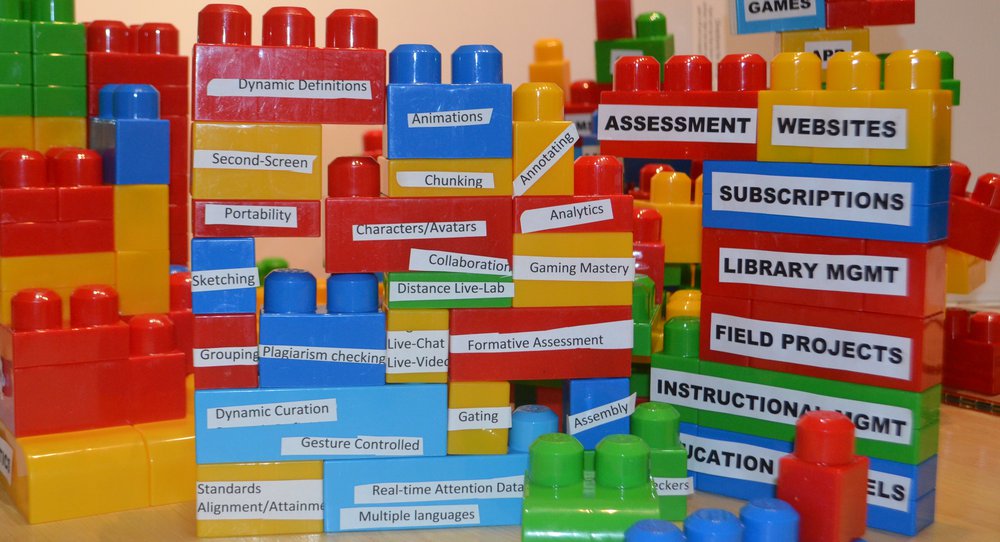It used to be simple. If you sold curriculum of any kind, you called on teachers and curriculum leaders, even principals. If you sold technology, you called on the Tech Director or Chief Information Officer.
Today, all across the U.S., whatever you sell, it is rarely a factor of a single decision maker.
The 2016 Learning Counsel Digital Curriculum Survey showed that planning for tech transition has no single door.
22% of respondents said that their central district or school manages all their digital resources against a master curriculum map by grade.
11% said their central district or school manages digital resources for just the multi-grade eBook libraries, math programs and tool Apps.
11% say that there is no central district or school management of digital resources, which means it’s typically the teachers making the decisions.
3% say that teachers choose without coordination with others.
54% say it is a mix of all these methods, meaning that it probably depends on what, but also on another factor found in the Survey. That factor has to do with an increasing cross-coordination with others across the isle – tech staff with curriculum staff and vice-versa.
68% of districts and schools have tech and curriculum staff meeting up to four times a month per the 2016 Survey. Only 59% reported meeting monthly or more. Those reporting they didn’t meet at all, now only 5%, dropped by 8% from 2015 to 2016.
Interestingly, the Learning Counsel is hearing more talk of collapsing the two areas into one. In Seattle we heard a CIO say he was seeing a future where his work would not be needed, that the merging of tech and curriculum was coming and the increasing savvy of everyone would remove a tech-only focus.
Virginia Beach Public Schools have already undergone the transformation, consolidating two whole divisions of staff into one.
What this means for Ed-Tech
The world of Ed-Tech sales has shifted in a very significant way. The coming of digital curriculum has changed the focus of attention away from commodity tech products to those that offer deep meaning inside the learning vortex, particularly software side. This year those companies selling digital curriculum are really nailing it in sales to schools.
What this means is the language of technology sales staffs needs to be the actual language of teaching and learning, not just tech.
Understanding your fit in that context, and being able to articulate it well, is how to sustain your growth in the growing industry of Ed-Tech.










